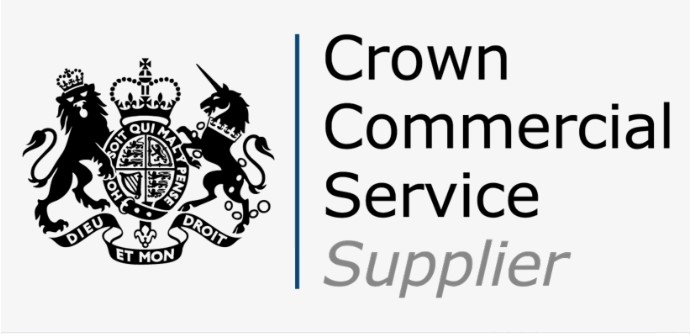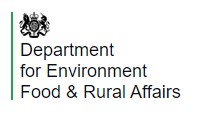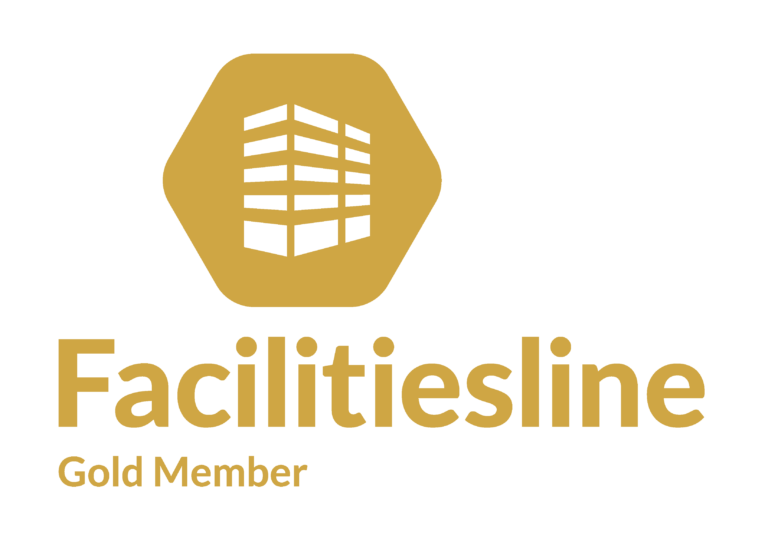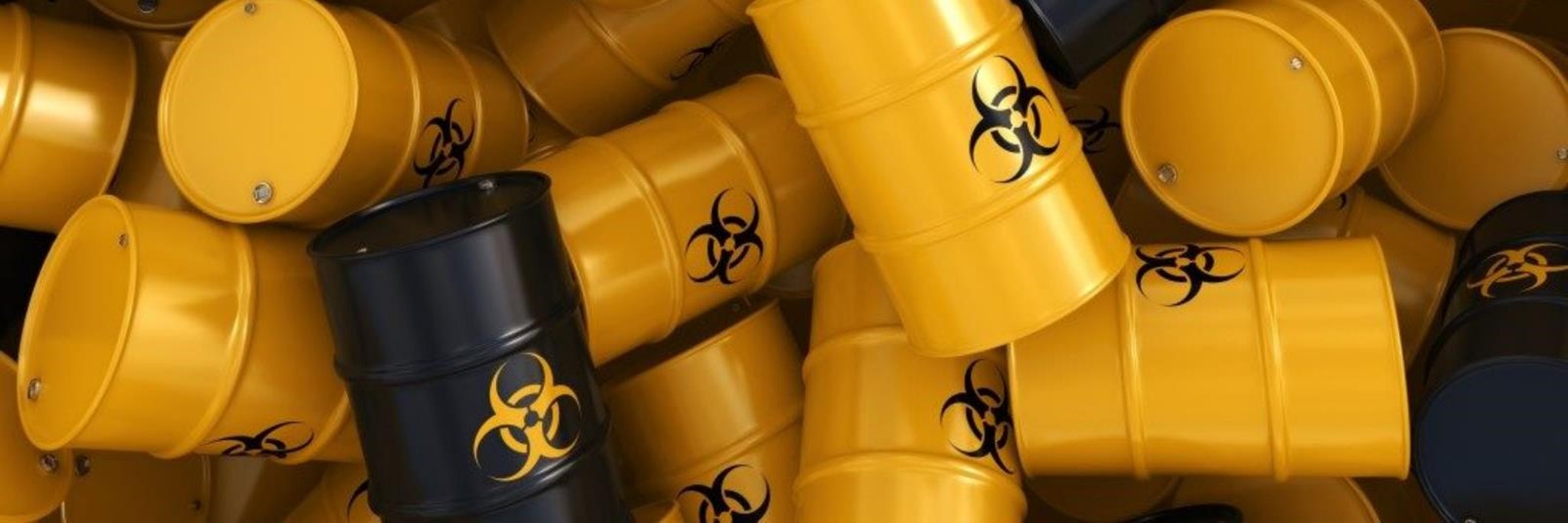Almost all businesses produce some hazardous / special waste. Typical examples of this waste include waste:
- asbestos
- chemicals, eg brake fluid and printer toner
- electrical equipment with potentially harmful components such as cathode ray tubes, e.g. computer monitors
- fluorescent light tubes and energy-saving light bulbs
- vehicle batteries and other lead-acid batteries
- oils (except edible oils)
- refrigerators containing ozone-depleting substances
- solvents, e.g. aerosols
- pesticides
Hazardous Waste Segregation
The correct segregation of your clinical waste in particular, demonstrates strong health and safety governance. To support this, UKFMC can provide best practice training and guidance, along with a range of effective waste containers.
Check the European Waste Catalogue (EWC) to find out if a waste is hazardous/special waste.
There are two kinds of hazardous waste entries in the EWC:
- ‘Absolute Hazardous’ entries – the waste is always hazardous/special waste, whatever the concentration of the dangerous substances in it. These wastes are marked in the List with an asterisk (*) For example:
07 07 07* halogenated still bottoms and reaction residues - ‘Mirror’ hazardous entries – the waste is only considered hazardous/special waste if the hazardous substance(s) it contains are above a specified threshold concentration(s)
Consumables and Containers
We are able to supply a range of consumables and containers including wheelie bins with capacities ranging from 240lts up to 1100lts. Our wheeled bins comply with the highest international standards, including those required to meet hazardous (clinical) waste.
Hazardous Waste Disposal Processes
The treatment and disposal of hazardous waste varies with the type of being disposed of.
Treatment involves physical, thermal, chemical or biological processes (including sorting) that change the characteristics of the waste.
Transporting and disposal of hazardous waste must be done by an authorised organisation.
Hazardous waste disposal is a specialist field, in which UKFMC possesses a wealth of knowledge and experience, consequently we are fully compliant with all relevant legislation; in addition we can offer support and advice on completing all necessary documents and paperwork relating to the transport and disposal of your waste.
Who Do We Work With?
UKFMC provides hazardous waste disposal and management services for the National Health Service, animal healthcare providers, universities, higher education colleges and pharmaceutical and other R&D facilities.
A Fully Compliant Waste Disposal Service
Hazardous Waste Disposal by UK Facilities Management and Consultancy provides you with the assurance that your hazardous waste is handled, transported and treated in accordance with all relevant legislation.







